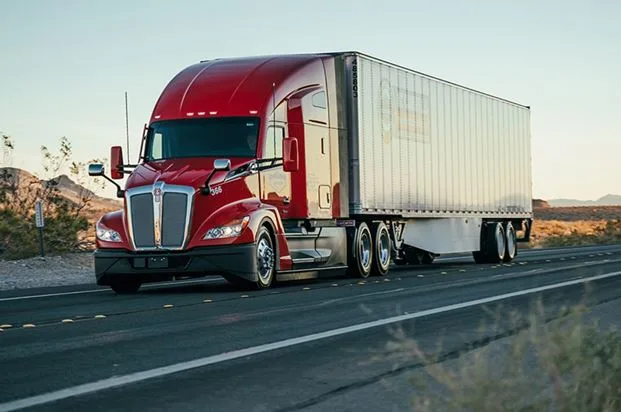Key Differences Between a Freight Factoring Agent and a Truck Dispatcher
The trucking industry runs on teamwork — and two of the most vital partners for carriers are truck dispatchers and freight factoring agents. While both play key roles in helping owner-operators and small fleets stay organized and profitable, their responsibilities are completely different. Understanding how each works helps trucking businesses manage both their operations and finances more effectively.
What Does a Truck Dispatcher Do?
A truck dispatcher is the operational backbone of a trucking company. They manage loads, plan routes, and communicate between drivers, shippers, and brokers. Their main mission is to keep trucks moving with profitable freight while ensuring on-time and safe deliveries.
Core Responsibilities of a Dispatcher
Dispatchers handle most of the day-to-day logistics tasks, including:
- Finding loads on load boards or through brokers and direct shippers.
- Negotiating rates and securing rate confirmations.
- Planning efficient routes while staying compliant with Hours of Service (HOS) rules.
- Monitoring deliveries, tracking drivers, and solving on-road problems.
In essence, dispatchers serve as the communication hub of the operation — they help maximize revenue by minimizing downtime and ensuring trucks are consistently loaded.
Benefits of Working with a Dispatcher
For many carriers, a skilled dispatcher saves time, reduces stress, and boosts profits. They take care of negotiations, paperwork, and scheduling, allowing drivers to focus entirely on transportation. With reliable dispatch support, small fleets can grow faster and build strong relationships with trusted brokers and shippers.
What Is a Freight Factoring Agent?
A freight factoring agent (or factoring representative) focuses on the financial side of trucking. They help carriers convert unpaid invoices into immediate cash so businesses don’t have to wait weeks or months for broker payments.
How Freight Factoring Works
Factoring companies purchase unpaid invoices for a percentage of their total value—usually 90–97%. Once the shipper or broker pays, the factoring company deducts its fee and releases the remaining amount.
Example: If a $2,000 load is delivered, the carrier may receive $1,900 within 24 hours, while the factoring company keeps $100 as its service fee after payment clears.
This system provides consistent cash flow, helping carriers cover fuel, maintenance, insurance, and driver pay without interruption.
The Role of a Factoring Agent
A factoring agent acts as the connection between the carrier and the factoring company. They:
- Help clients understand contract terms and fees.
- Assist with onboarding and documentation.
- Ensure payments and processes run smoothly.
Some agents work directly for factoring companies, while others operate independently to match carriers with the most favorable factoring programs available.
Key Differences Between a Freight Factoring Agent and a Truck Dispatcher
| Aspect | Truck Dispatcher | Freight Factoring Agent |
| Main Role | Manages loads and logistics | Provides cash flow through invoice financing |
| Primary Goal | Keep trucks moving profitably | Maintain financial stability |
| Focus Area | Operations and route management | Finance and administration |
| Payment Source | Paid by carriers (commission or flat fee) | Earns commission from factoring company |
| Typical Tasks | Negotiating rates, booking loads, tracking shipments | Processing invoices, managing contracts, advancing funds |
Why Many Trucking Companies Use Both
Dispatchers and factoring agents complement each other perfectly. Dispatchers keep the trucks on the road with steady freight, while factoring agents ensure there’s cash in the account to keep everything running. Together, they create a balance between operational efficiency and financial flexibility — both essential for long-term success in the trucking industry.
Final Thoughts
In simple terms:
- Truck dispatchers keep the wheels turning.
- Freight factoring agents keep the money flowing.
Both are indispensable for carriers that want to grow, stay organized, and remain profitable in a highly competitive logistics market. By understanding the difference between a freight factoring agent and truck dispatcher, trucking businesses can build stronger operations and more secure financial foundations.





